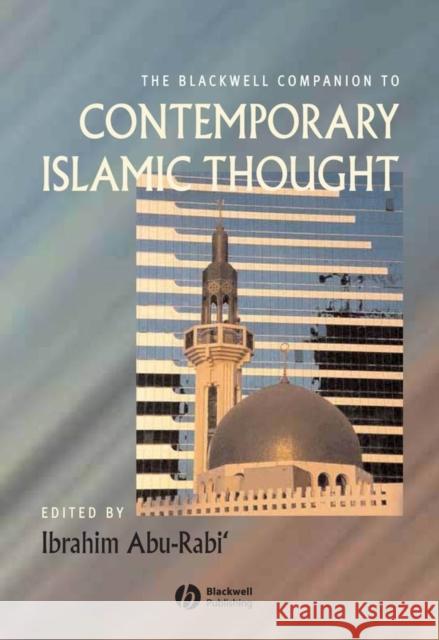The Blackwell Companion to Contemporary Islamic Thought » książka
topmenu
The Blackwell Companion to Contemporary Islamic Thought
ISBN-13: 9781405121743 / Angielski / Twarda / 2006 / 696 str.
The Blackwell Companion to Contemporary Islamic Thought reflects the variety of trends, voices, and opinions in the contemporary Muslim intellectual scene.
- Challenges Western misconceptions about the modern Muslim world in general and the Arab world in particular.
- Consists of 36 important essays written by contemporary Muslim thinkers and scholars.
- Covers issues such as Islamic tradition, modernity, globalization, feminism, the West, the USA, reform, and secularism.
- Helps readers to situate Islamic intellectual history in the context of Western intellectual trends.











